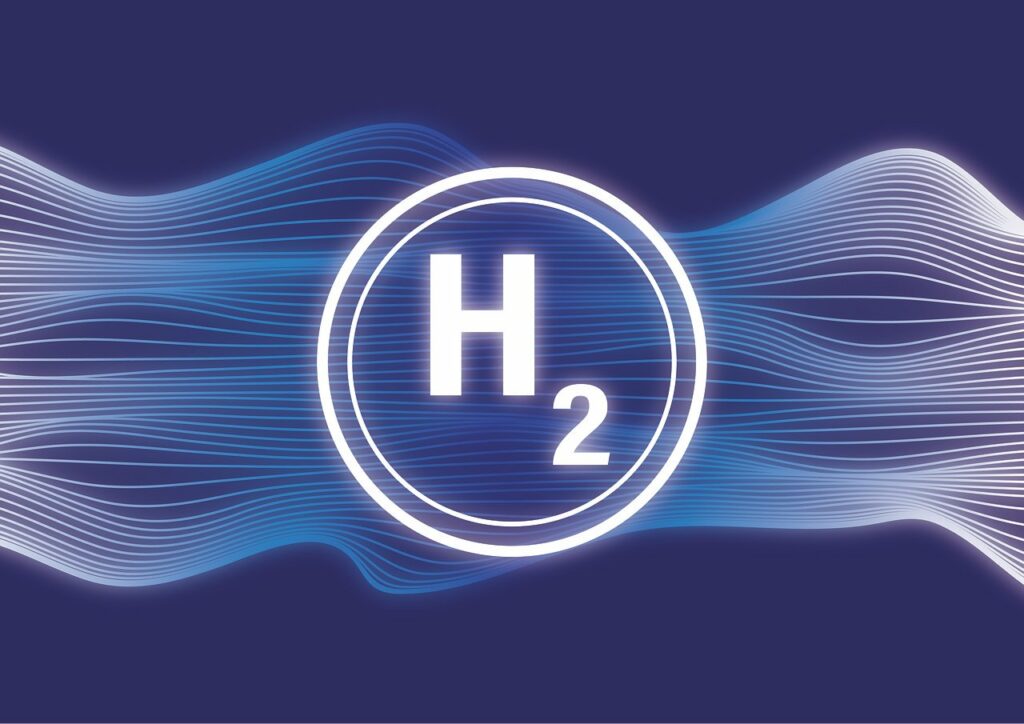The promising venture between Rolls-Royce Group and Hoeller Electrolyzer has hit a roadblock, with the latter filing for insolvency less than two years after the acquisition.
The collapse of Hoeller Electrolyzer, a developer of electrolysis systems crucial for hydrogen production, raises questions about the future of hydrogen technology and its role in the energy transition.
The partnership between Rolls-Royce and Hoeller Electrolyzer was poised to revolutionize the hydrogen production landscape, with the aim of advancing innovations in renewable energy. This collaboration held the promise of accelerating the transition to a sustainable energy future, with hydrogen touted as a key player in reducing carbon emissions.
Hydrogen, as a chemical element, holds immense potential as a clean energy source. Its combustion with oxygen yields only water, making it an attractive alternative to fossil fuels and a cornerstone of the energy transition. Electrolysis systems, such as those developed by Hoeller Electrolyzer, play a vital role in producing hydrogen through the electrolysis of water.
The collapse of Hoeller Electrolyzer casts a shadow over the potential impact of hydrogen technology on mitigating climate change. Hydrogen, if produced using renewable energy sources, has the capacity to significantly reduce CO2 emissions, offering a pathway towards carbon neutrality. However, the setback faced by Hoeller Electrolyzer raises concerns about the feasibility and scalability of hydrogen production technologies.
